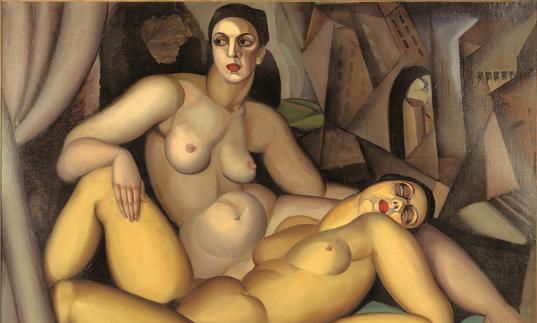Redefining Juliet is a frank and gutsy retelling of a classic in which three actors share the role of Juliet, to prove that anyone can play Shakespeare’s iconic heroine. But which other characters would the company like to see reimagined and why?
James Le Lacheur, Actor
'My choice of famous female figure is Eliza Doolittle from Pygmalion/My Fair Lady. Eliza came to me straight away. Her transformation is so ripe for re-examination through a trans lens, particularly her eventual acceptance irrespective of the trappings she's been told she must have to 'pass'. Also barely a day goes by I don't involuntarily burst into a full-blooded rendition of Show Me.'
Athena Stevens, Actor
'I think we all need to do a little reimagining of Marilyn Monroe. So often we want to see her as a carefree sexual bombshell, or someone who didn’t want to stop having a good time. If you look at her biography, she really struggled both as a survivor of serious abuse, and as a very intelligent woman who was so far ahead of her time. Over and over Monroe’s wisdom was reduced as she was shunted from growth. It is nearly impossible to be yourself when someone else wants you to be a product.'
Kate Lane, Designer
'My figure from history is Hildegard Von Bingen, an 11th century abbess, writer, philosopher, scientist, composer and general polymath. We don’t need to reimagine her, however I want to reimagine the otherwise ‘female’ outliers whose potential was hindered by time and circumstance or who history has forgotten.'
Storme Toolis, Artistic and Creative Director
'The figure from history that I would choose is Anne Boleyn. I would reimagine her as an empowered young business woman who starts as a secretary and works her way up to the top. I consider her a driven woman who is prepared to do anything. She makes me think of Kate Fleetwood as Lady Macbeth, a real femme fatale'.
Women like us are not seen as desirable on screen or stage. Just because we don’t fit that mould doesn’t mean we can’t do it. Why shouldn’t we?
Storme Toolis on Redefining Juliet
Robin Norton Hale, Director
'I would say that Anne is often seen as a scheming sexpot who held out on Henry VIII so long that, driven mad by lust, he was forced to divorce his queen and set England on the path to a new religion. Clever use of her sexuality certainly played a part, but Anne was also much smarter and more politically motivated than this reduction allows. By many contemporary accounts Henry was in awe of her. She rose well above her allotted place in society and had to be killed to be put back in it.'




